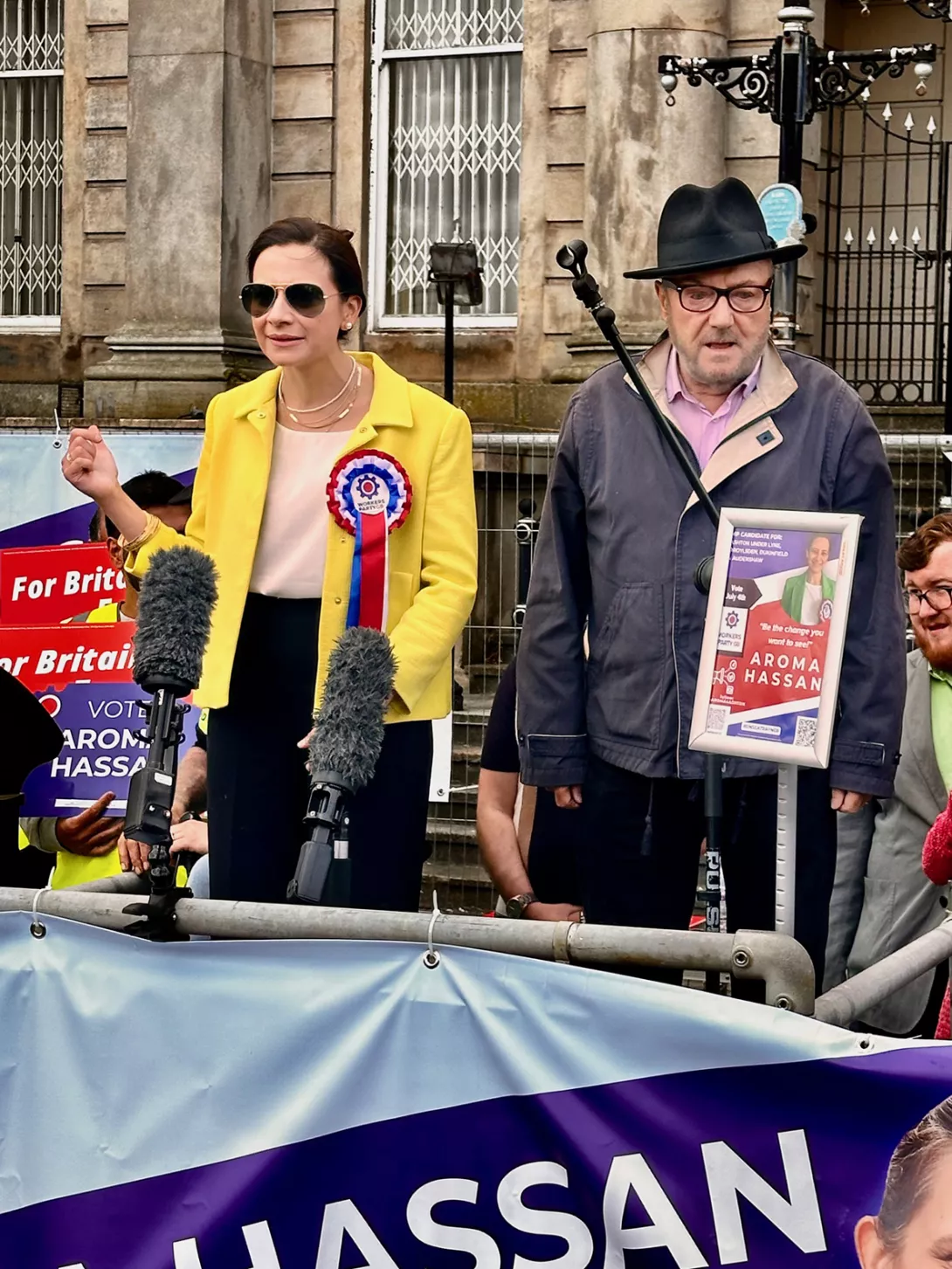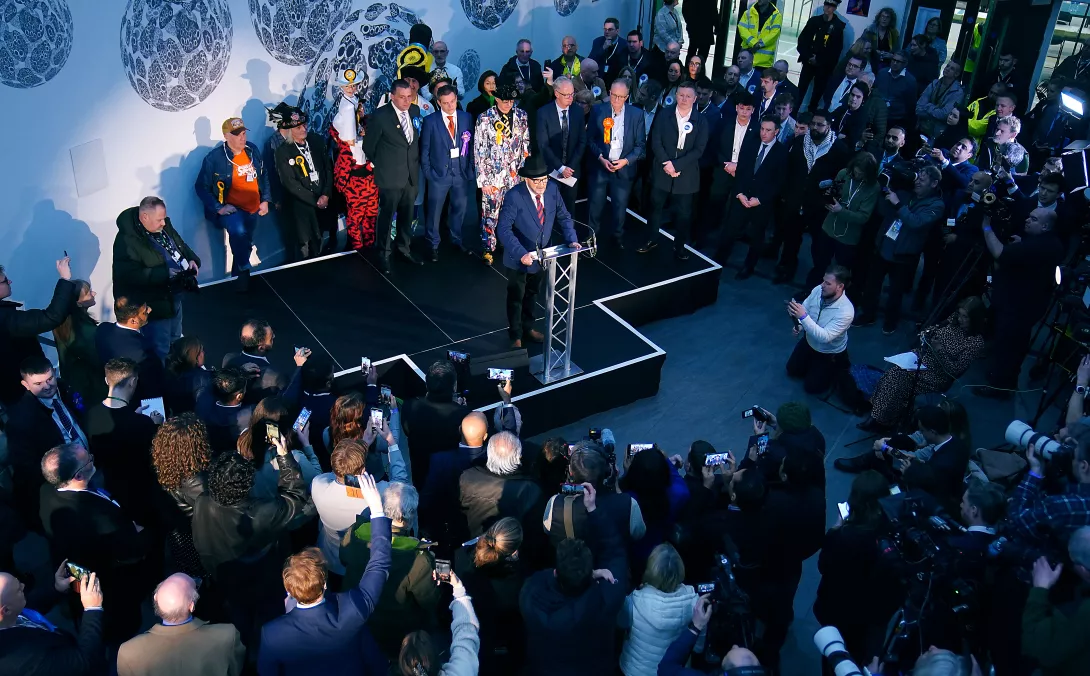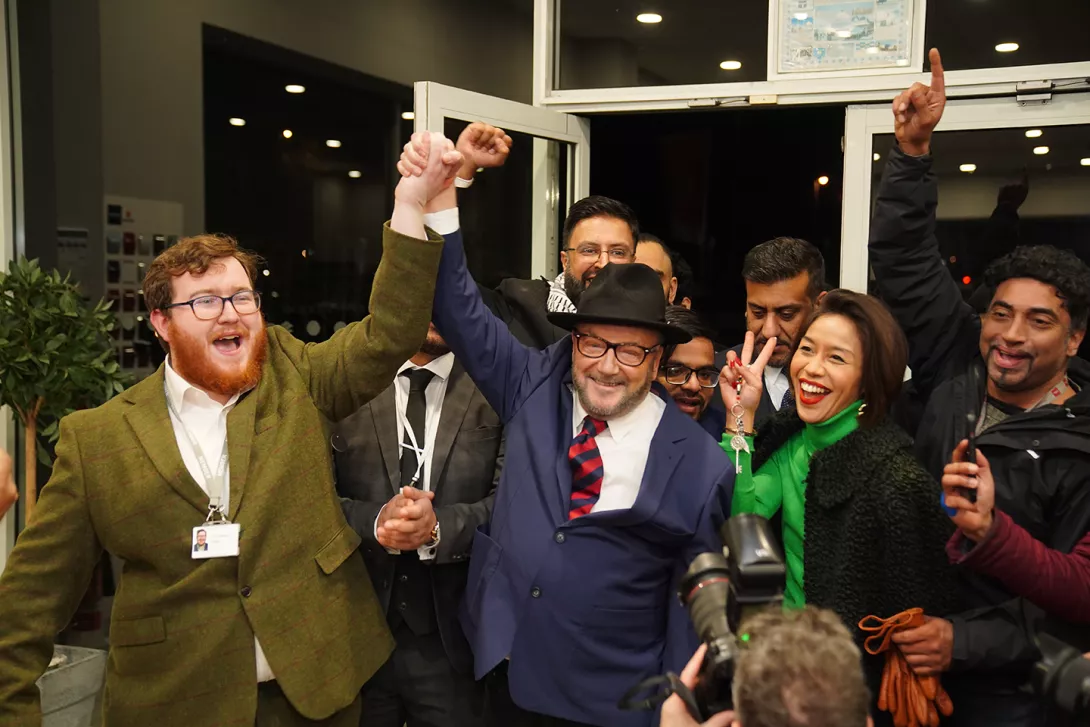The proxy war in Ukraine is heading to a denouement with the US and Russia dividing the spoils while the European powers stand bewildered by events they have been wilfully blind to, says KEVIN OVENDEN
‘Britain’s conscience is not dead’
As the charismatic rebel candidate for Rochdale GEORGE GALLOWAY sends a remarkable 326 candidates into battle against Labour, Andrew Murray sits down with him to discuss Gaza, Starmer, and the Workers Party’s agenda
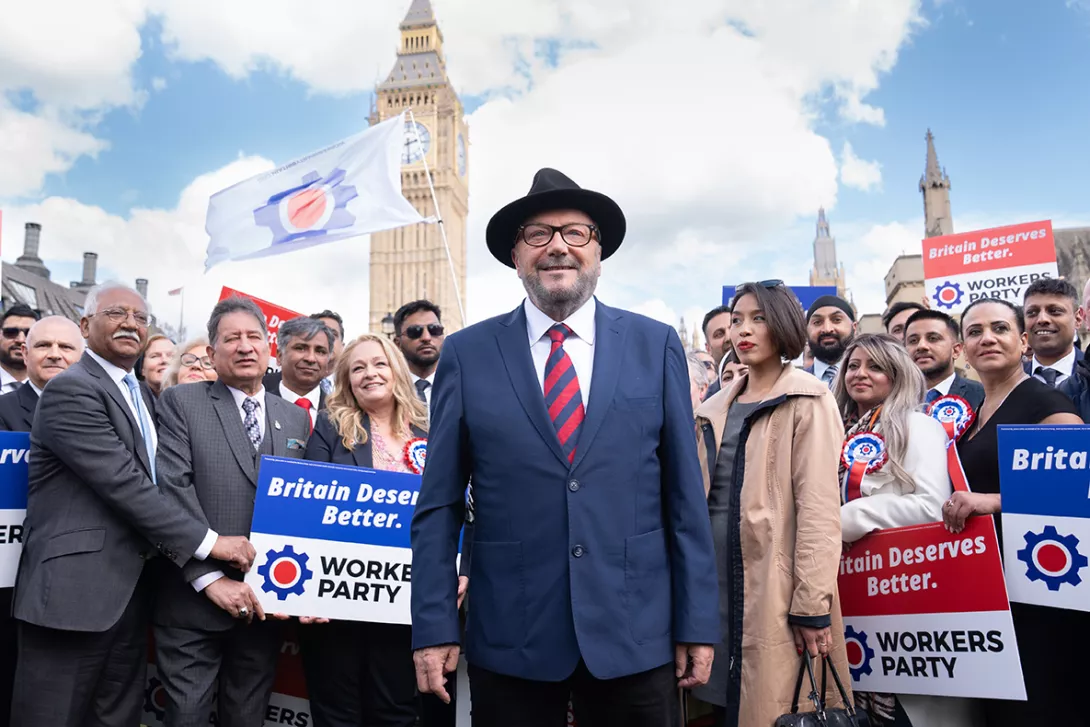
ALMOST certainly a national election campaign has never been launched in Ashton-under-Lyne before.
Chalk it up as another first for George Galloway, on the stage in the market square to kick off a Workers Party election effort that will run to at least 326 candidates, enough to make the prospect of a Galloway premiership a mathematical possibility come July 4.
Standing before an imposing, yet shuttered and crumbling town hall — insert your own metaphor here, I’m going for something to do with the Labour Party — Galloway is also on his own final election outing.
More from this author
ANDREW MURRAY considers whether the mass arrest of peaceful protesters was an attempt by the PM to appease his right-wing critics following his crackdown on last August’s race rioters — and a dark omen of the tyrannies to come
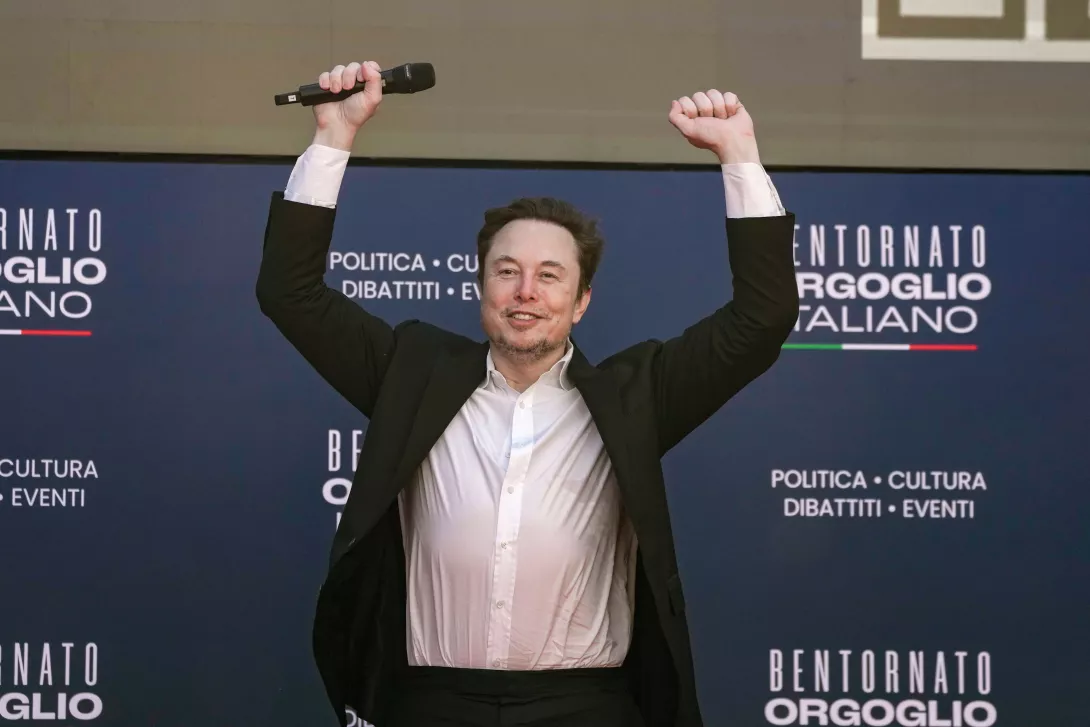
The trolling of our nation by Twitter’s clown prince points to very real weaknesses in the current regime as it cowers before Trump’s coming reign — it is time for Corbyn-era forces to unite and take on Starmer, writes ANDREW MURRAY
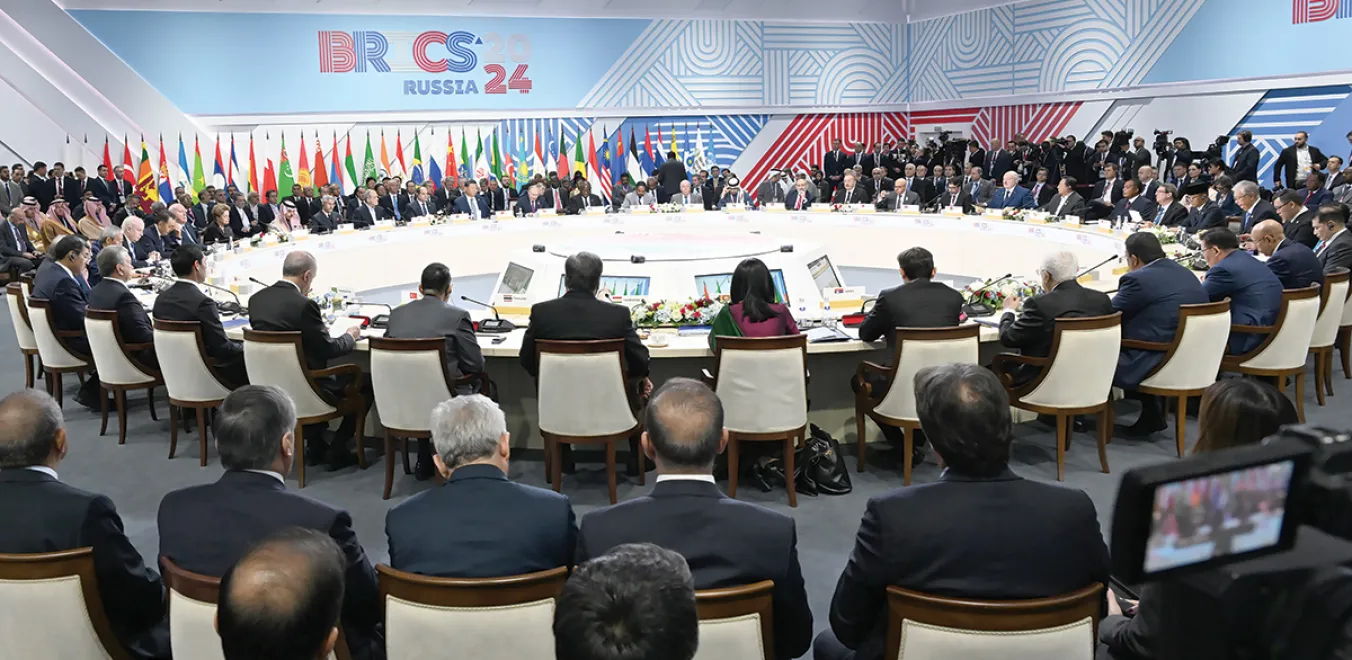
From Yemen’s resistance to the rise of China and Brics, the imperial powers face an unprecedented challenge as their proxy wars fail to halt the march toward a multipolar future, writes ANDREW MURRAY
Similar stories
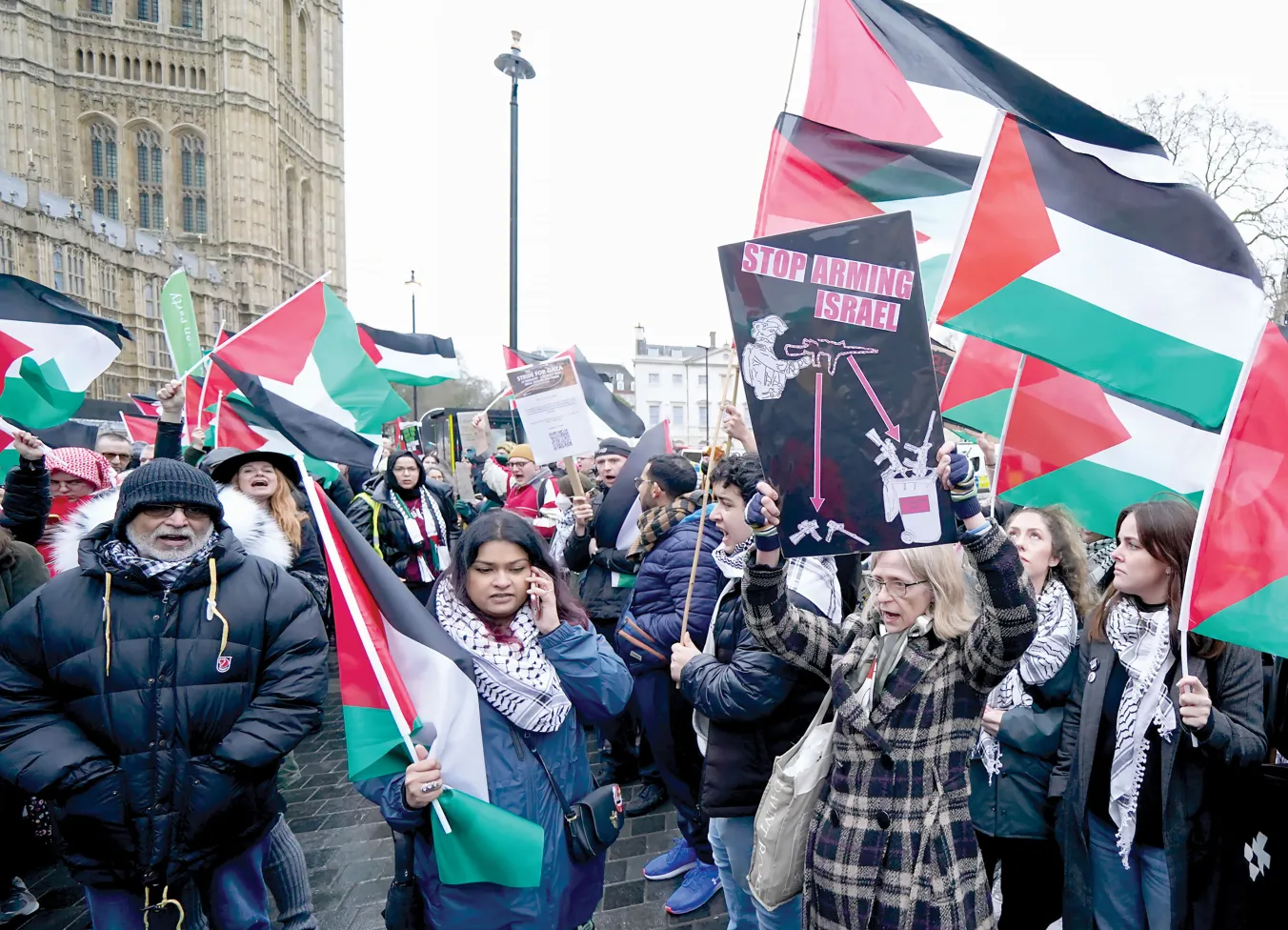
Sunak’s quivering, late-night address, expressing dire concerns over George Galloway’s win in Rochdale, unveils a profound unease within the elite — good. Now let's build from here, writes ANDREW MURRAY











